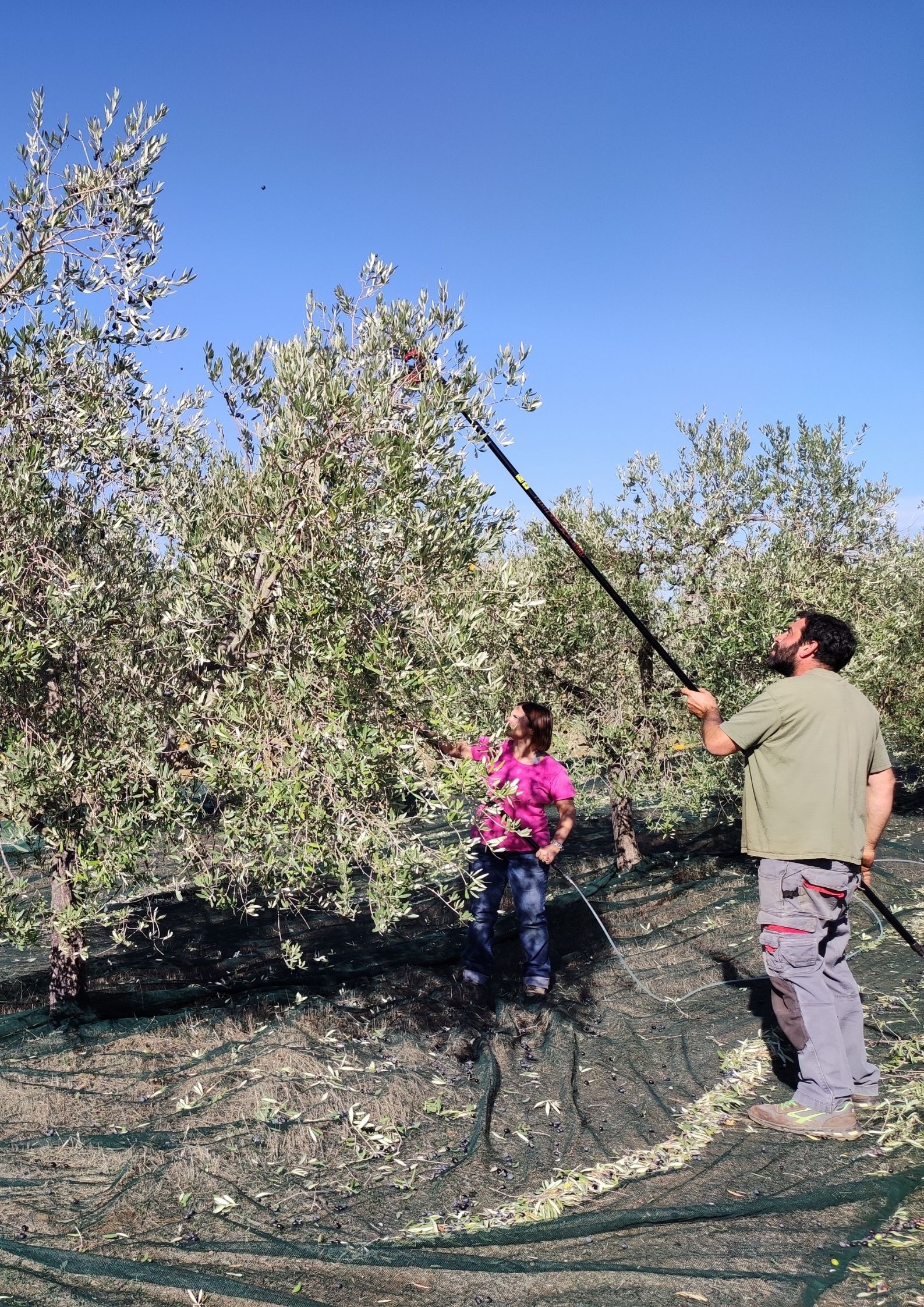Off to NATURA !
This is a 100% sustainable project
Borgo Riparossa was born as an eco-sustainable project aimed at demonstrating how well-being passes through a healthy and respected environment. We strongly believe that the use of high quality standards and precision technology can help the production of an excellent extra virgin olive oil.
Borgo Riparossa is an ethical and healthy project, the products we make are products that first end up on our tables, the location that will be recovered will be the first place where our friends will feel welcomed and pampered in beauty.
Regenerative Agriculture
Borgo Riparossa has for years been a Certified Organic farm that cares about the well-being of nature in its various forms, starting with the soil where our olive trees and vines dwell.
We are an example of low-impact agriculture that promotes essential natural processes such as carbon sequestration, applying principles and working methods typical of regenerative agriculture.
Soil processing interrupts the processes necessary for his well-being, such as carbon sequestration. Over time we realized that working the soil as little as possible meant regenerating it and improving its supply to our plants. Minimize soil disturbance without ever intervening on its layers aggressively. Decreasing the intensity and depth of tillage, combined with fewer passes and transits over the soil with mechanical tools, allows us to increase soil fertility.
We promote soil regeneration by promoting soil fertilization with minerals, natural organic parts. We preserve and increase the biodiversity of ecosystems by creating hospitable environments for living species such as through pollinators of trees and plants. For us it will also soon mean self-production and energy autonomy, with emphasis on waste and internal reuse of waste.
We make use of cover crops, also called catch crops. These are cropping practices that old farmers called "green manure crops", that is, a culture destined to be buried, which does not give rise to a production.
"Cover crops" allow, in a non-crop period, to intercept solar radiation and capture nutrients, improving ecosystem efficiency and weed control. This allows the soil to be continuously covered and protected from climatic agents, and also limits environmental hazards due to nitrate loss, erosion and surface runoff, and loss of biodiversity, so in summary: conserving and enriching soil fertility.
Regenerative agriculture does not need power and speed, so it also reduces fuel consumption and labor hours required to prepare and care for cultivated land. This approach also conserves soil organic matter better because it does not require deep plowing. Protected from cover crops and tilled as little as possible, the soil, on its own, develops its natural water infiltration and filtration capacity. As a result, the loss of mineral elements is reduced, water-holding capacity is increased, and susceptibility to erosion is lowered.
The introduction of this type of agricultural practice into the production cycle contributes, therefore, to improving the sustainability of the production process because it allows the potential of the ecosystem to be used in favor of production, reducing cultivation costs and contributing to the removal of carbon through Carbon Negative activities.




